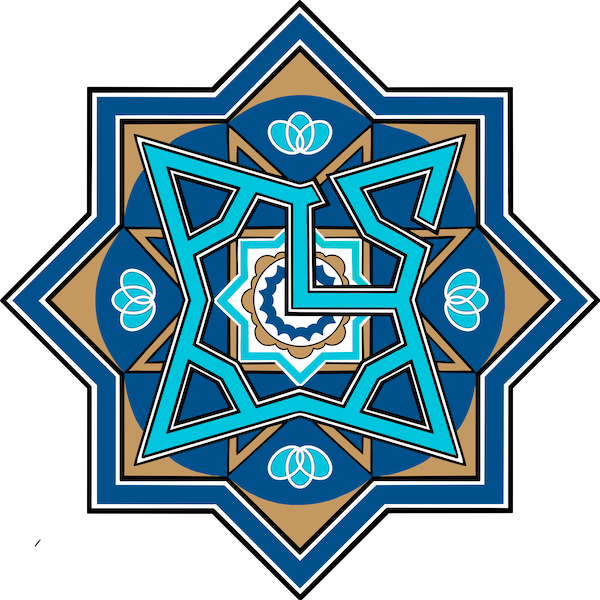Amid the devastating reverberations of the fatal explosion in the port of Beirut on Tuesday, August 4, 2020, the Arab American Studies Association (AASA) is in solidarity with, and in support of, our friends, family, and comrades in Lebanon.
The effects of the August 4 explosion on Lebanese communities from all sects and class backgrounds, as well as on already vulnerable and marginalized communities such as Palestinian and Syrian refugees and domestic and migrant workers, are catastrophic. Despite widespread knowledge that it was lethally dangerous to store the highly explosive substance ammonium nitrate, 2750 tons of the substance were nevertheless left unsecured for 7 years in the port of Beirut.
The August 4 disaster is compounded by the COVID-19 pandemic and the economic crisis that Lebanon has already been facing, which resulted in the devaluation of the Lebanese lira by 80 percent, extreme inflation, absence of basic resources, and the loss of jobs and incomes. This collapse of the economic and banking sectors prior to the August 4 explosion has left well over 50 percent of the people in Lebanon below the poverty line, revealing extreme structural and material vulnerabilities. The current context of structural vulnerability is brought on by decades of military violence, including the civil war, which have been shaped by foreign interventions and occupations endorsed and sustained by imperialist actors and the interests of global capitalism.
This is not a story about an unfortunate accident with dire consequences. Regardless of what ignited the initial fires, the colossal explosion itself underscores the criminal negligence of a corrupt system of political elites, coupled with neoliberal capitalism, competing global political interests, and what Laleh Khalili calls international maritime capital. Taken together, these factors have produced an infrastructural crisis in Lebanon, spanning the country’s systems of health care, electric power, transportation, education, water and waste management, industrial production, and the banking sector.
These overlapping crises, in turn, have been created and exacerbated by decades of neoliberal capitalism, which promote austerity measures, as well as a broken sectarian political system, itself born out of a colonial context. We highlight these neocolonial forces as those undergirding the links between environmental degradation and health disparities, including an 80 percent increase in cancer rates in recent years, which can also be considered a toxic legacy of the civil war. The recent explosion of toxic, improperly stored material in Beirut cannot be understood apart from these neocolonial forces.
Protestors have been flooding the Lebanese streets, reigniting the protests that erupted on October 17, 2019 to call for accountability and change in governance, given the criminal negligence of the Lebanese state, the systemic and material health and economic crises preceding the explosion, and the absence of state-led relief responses and accountability measures in the wake of August 4. These past and present protests have been met with state repression, manifested by the use of violent beatings, tear gas, rubber bullets, as well as live ammunition.
Therefore, AASA condemns in the strongest terms this state violence against peaceful protestors and hereby:
- Upholds and calls for international and immediate support for the community-led relief efforts to provide basic food and lodging for the more than 300,000 displaced, and cleaning up the tremendous debris and damage in the wake of the explosion.
- Supports calls for genuine transparency and accountability in independent investigations of the sources and causes of the August 4 explosion.
In the meantime, multiple communities in Lebanon need help immediately. For those who are able, here is a list of organizations and fundraisers for donation:
Organizations and Initiatives:
The Lebanese Red Cross (non-sectarian, all volunteer-based organization providing free ambulance and other medical emergency services to all Lebanese regions) https://www.supportlrc.app/donate/
The Palestinian Red Crescent Society, providing health and social services to Palestinian refugees living in refugee camps in Lebanon as well as needy Lebanese citizenshttps://www.palestinercs.org/donation/?langid=2
Beit el Baraka, serving the elderly who are struggling with food insecurity and housing Home One Page
Bedayati, working to empower marginalized youth in Lebanon https://www.justgiving.com/crowdfunding/bedayati-lebanon
FoodBlessed, https://foodblessed.org/ Lebanese Food Bank, https://www.lebanesefoodbank.org Initiatives fighting hunger and food insecurity in Lebanon
Scholarly Mutual Aid for Lebanon, aiming to connect scholars and researchers in institutions outside Lebanon with scholars, researchers, editors, photographers, web designers, data analysts, and translators in Lebanon https://sites.google.com/view/scholarly-mutual-aid-lebanon/?fbclid=IwAR09SoresX4tMdvgDx0z5tRB8ISAaeQ_vG1mw3dEh0iW6lhmC6EJ6iHmfhc
Fundraisers:
US-based GoFundMe Fundraiser Matching Donations, with proceeds going to the Lebanese Red Cross and The Lebanese Food Bank https://gf.me/u/ym72si
Food and Medicine for Kafala Victims in Lebanon: fundraiser providing relief and resources for migrant domestic workers in Lebanon https://www.gofundme.com/f/food-and-medicine-for-kafala-victims-in-lebanon
Disaster Relief for Lebanese Transgender Community https://www.gofundme.com/f/financial-aid-for-lebanese-transgender-community
Grassroots Fund for LGBTQ folx in Beirut https://www.gofundme.com/f/relief-for-lgbtq-vulnerable-people-in-beirut?utm_source=customer&utm_campaign=m_pd+share-sheet&utm_medium=copy_link
Grassroots fund for LGBTIQ and People Living with HIV https://www.gofundme.com/f/lebanese-lgbtiq-emergency-support?utm_medium=email&utm_source=product&utm_campaign=p_emailhtml_trig_post_update_nd
More extensive lists of organizations and fundraisers:
